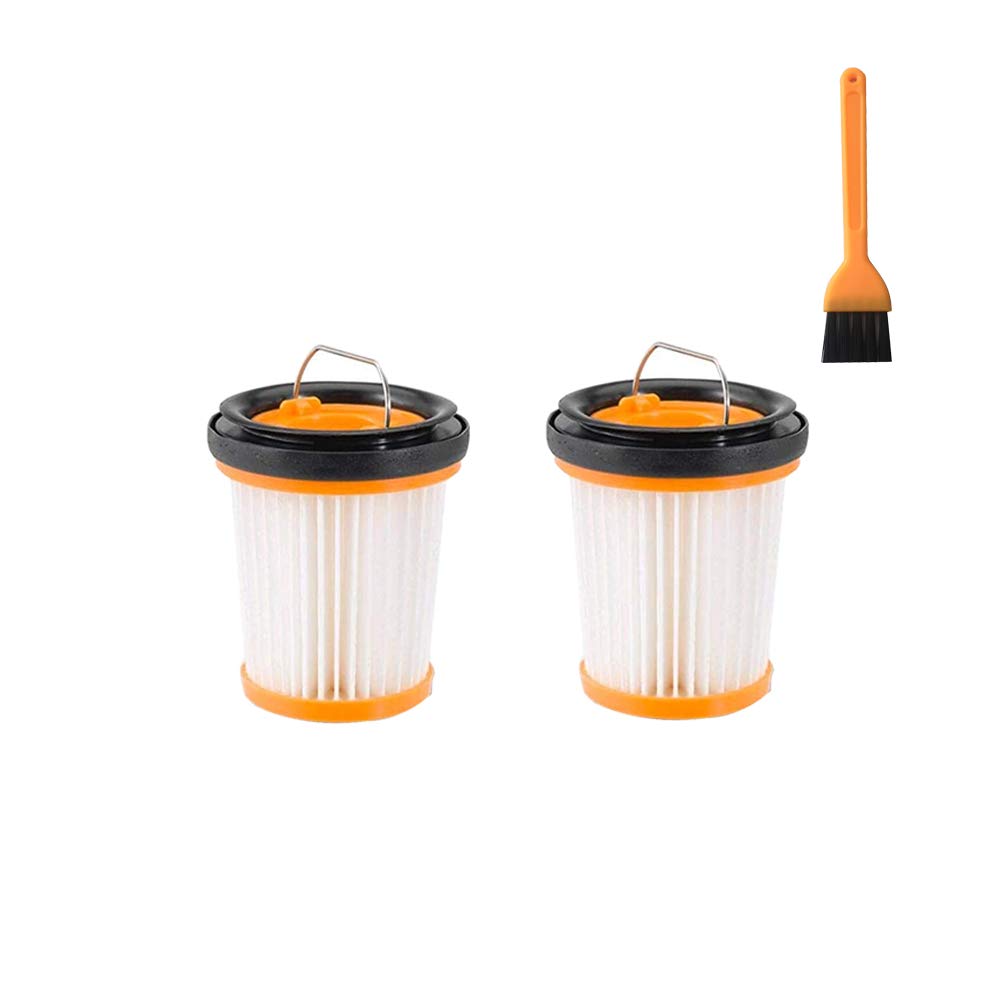When it comes to maintaining a swimming pool, one crucial aspect is ensuring that the water is clean and hygienic. One way of achieving this is by employing the use of a filter system.
While using a filter, two common methods are “filter to waste” and “pump to waste. ” both methods have their unique approaches, giving a pool owner the option to choose the one that will work best for them. In this article, we will explore the differences between these two methods and their advantages and disadvantages.

Credit: www.thinkcrucial.com
Filter To Waste
Filter to waste filter to waste is a popular method used to clean swimming pool water. This method involves pumping pool water through a sand, diatomaceous earth, or cartridge filter and then sending the dirty water directly to the sewer. The filter removes debris and particles from the water, but instead of returning the clean water back to the pool, it is wasted by sending it to the sewer.
This method is efficient for cleaning the water quickly and effectively but can waste a significant amount of water. It is important to consider the cost of filtration media and the amount of water wasted when choosing this method of cleaning a swimming pool.
Pump To Waste
– what is pump to waste? – how does pump to waste work? – advantages of pump to waste – potential disadvantages of pump to waste – when should you use pump to waste?
Pump to waste is a system that allows you to send pool water directly to a waste line. This means that the water bypasses the filter entirely, rather than being filtered and then sent to a waste line. The system is typically used in situations where the pool water is particularly dirty or contaminated, or when maintenance or repair work is being done on the filter system.
Pump to waste has the advantage of saving time and energy, as well as being more effective at removing debris and contaminants than traditional filtration methods. However, the system can also be more expensive and may use more water overall.
Overall, pump to waste is a useful tool for pool owners and operators but should be used carefully and selectively.
Q&A: Should I vacuum my pool on filter or on waste? {How it Works}
Comparison
When it comes to maintaining a swimming pool, knowing which filtration method to use can make all the difference in keeping the water clean and healthy for swimmers. The two most common methods are filter-to-waste and pump-to-waste, and both have their pros and cons.
Filter-to-waste involves redirecting dirty water and debris out of the pool through the filter and straight to a drain, while pump-to-waste involves pumping water out of the pool entirely before filtering it and returning it. Filter-to-waste may waste less water, but pump-to-waste is often more efficient at removing debris and particles.
Ultimately, the choice between these two methods comes down to your specific pool’s needs and your own preferences for maintenance.
Frequently Asked Questions Of Filter To Waste Vs Pump To Waste
What Is Filter To Waste?
Filter to waste is a filtration method that sends the untreated water to the drain instead of back to the pool.
How Does Filter To Waste Work?
During filter to waste, water flows through the filter and exits at the bottom, diverting dirty water to the drain.
What Is Pump To Waste?
Pump to waste is a process where the water is pumped out of the pool and bypasses the filter altogether.
When Should I Use Filter To Waste?
Use filter to waste when the pool water is too dirty for regular filtration, and you need to bypass the filter.
Conclusion
The decision to use a filter to waste or a pump to waste system depends on various factors such as the size of the pool, the method of filtration, and the availability of resources. While filter to waste is a more eco-friendly approach and can save on water consumption, pump to waste is faster and more efficient in removing large amounts of debris.
Ultimately, it is important to consider the unique needs of your pool and choose the system that will best suit those needs while being mindful of environmental impact.
